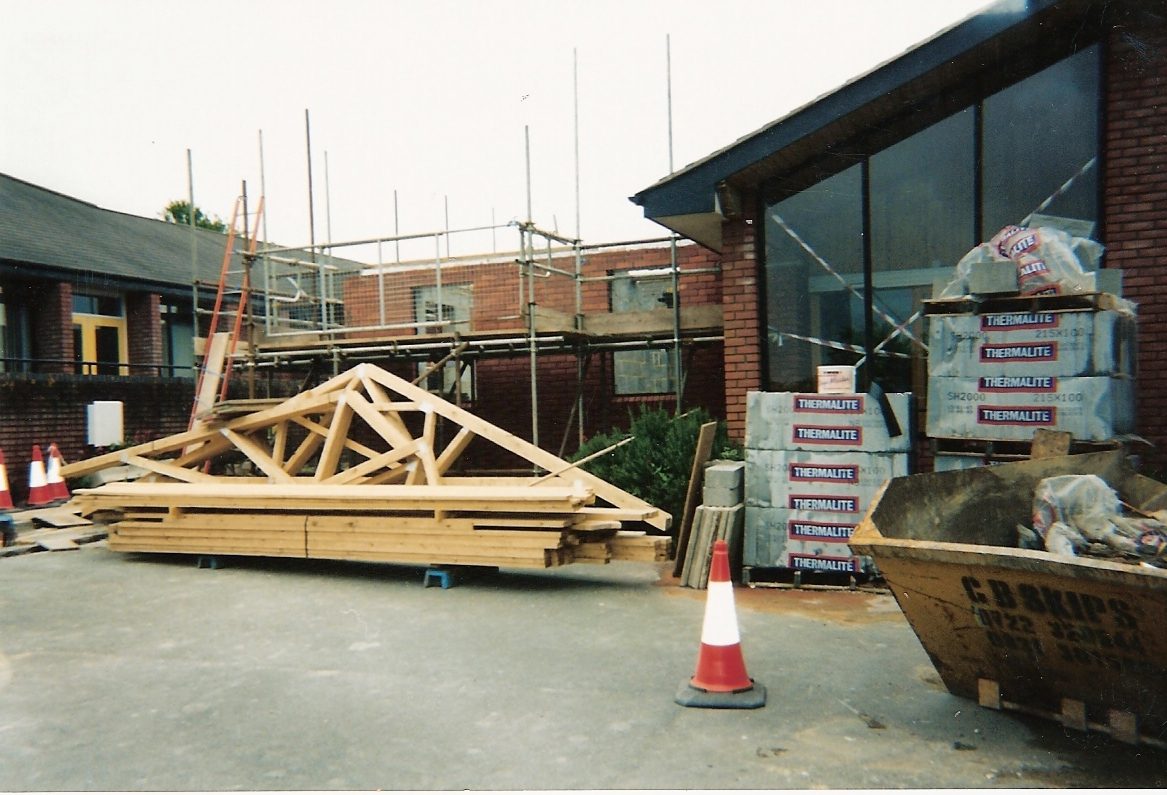

Salisbury Hospice began as a vision shared by Salisbury residents and medical practitioners to transform care for those with life-threatening illnesses. In January 1981, their efforts took shape with the creation of a hospice team, initially based at the central health clinic and later moving to an office in the old infirmary on Fisherton Street.
Momentum grew between 1981 and 1982 when Derrick Alford’s Mayoral Appeal raised £26,000 to support the hospice. Early services focused on community palliative care, with Macmillan Cancer Relief funding two home care nurses and a social worker for three years. When this funding ended, the hospice carried on independently.
In 1987, a dedicated hospice building opened at Salisbury District Hospital with six beds, costing over £1 million. An expansion in 1995 added two bedrooms and space for community palliative care and bereavement support. The Peter Gillam Support Centre, named in honor of Dr. Gillam’s to honor his instrumental role in establishing the hospice, further cemented his legacy. Known for his visionary leadership and passion for palliative care, Dr. Gillam’s contributions were deeply valued both locally and beyond. In subsequent years, the center was enhanced with an activity area for visiting patients, further enriching the care experience.
By 2003, a £356,000 extension and recognition of Derrick Alford’s contributions, including an MBE, underscored the hospice’s growth. The Alford Room was named to honor his and his wife Vida’s work. In 2005, the hospice donated £250,000 to the Pembroke Cancer Treatment Unit and committed to funding occupational and physiotherapy services at £60,000 annually.
A key milestone came in 2008-2009, with operational costs surpassing £1 million. Innovative fundraising initiatives, like the Midnight Walk, were introduced to ensure the hospice could sustain its vital work for the community.
in 2016, thanks to the generosity of our supporters, Salisbury Hospice was able to launch it’s Hospice at Home service, allowing patient the choice to die at home, surrounded by all that is comforting and familiar.



